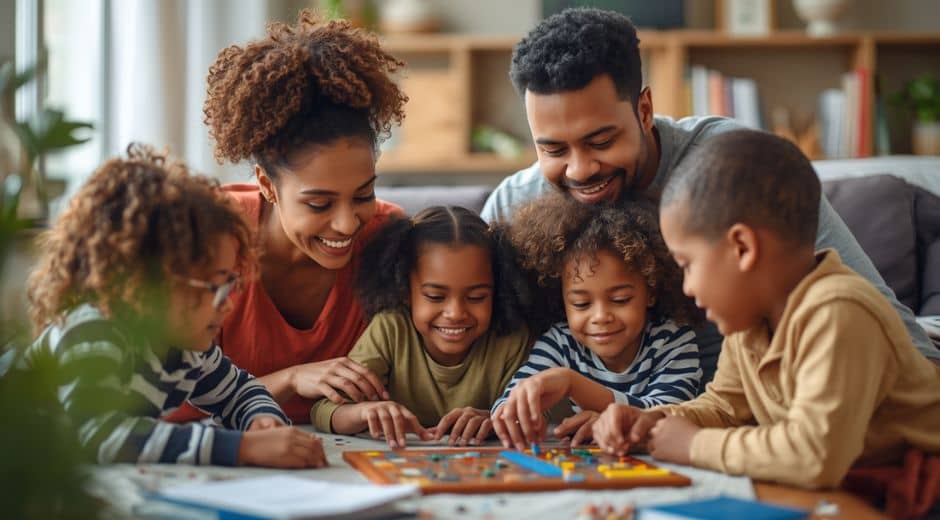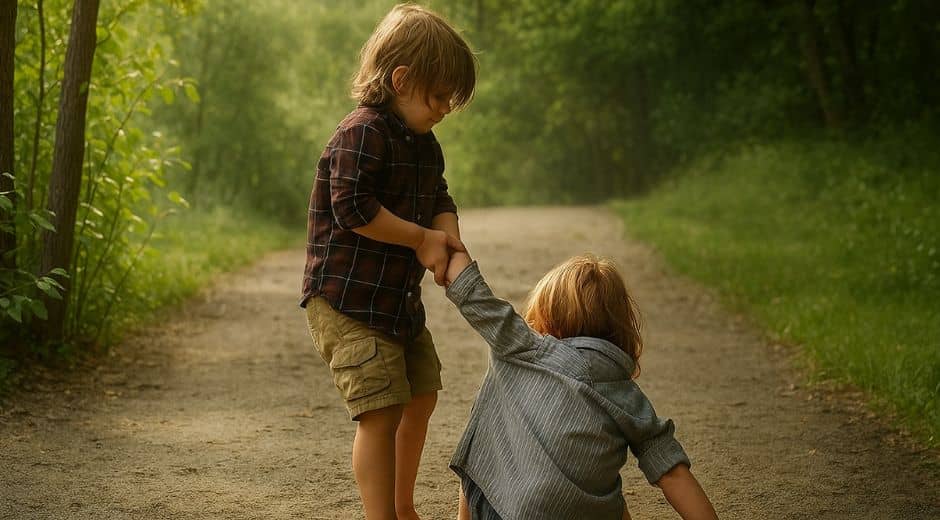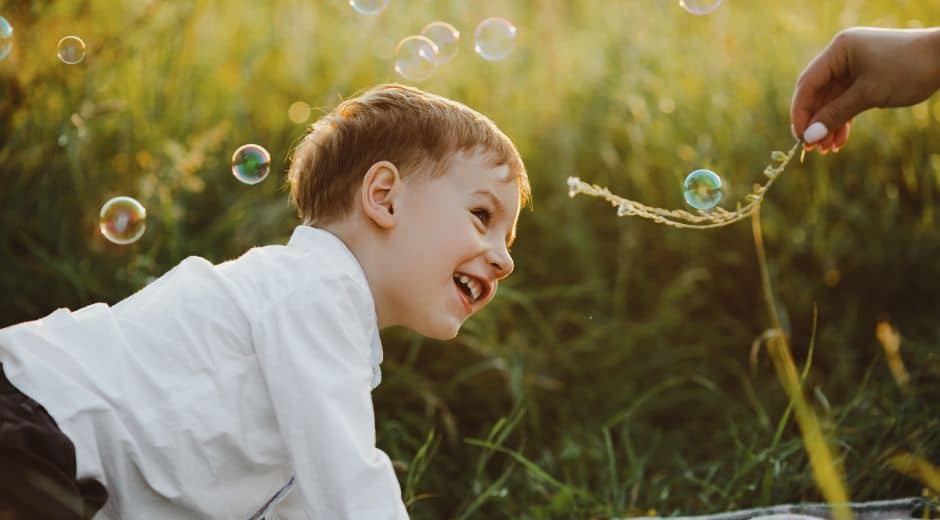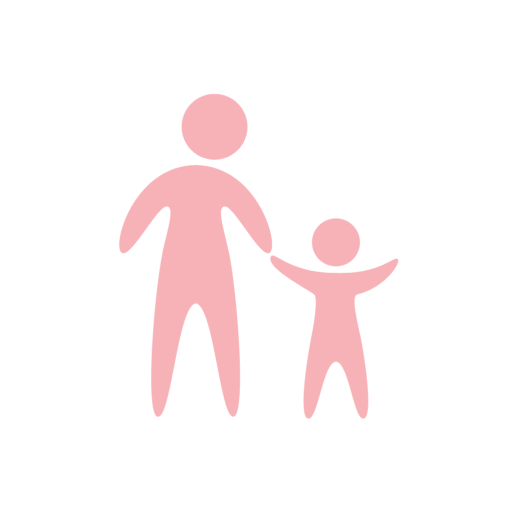Positive Discipline: Raising Confident and Responsible Kids
Parenting isn’t just about setting boundaries, it’s about guiding children toward understanding, empathy, and responsibility. Positive Discipline offers a modern approach that focuses on mutual respect and long-term growth rather than punishment. It’s about teaching children why certain behaviors matter and helping them build the self-control and emotional intelligence needed to navigate life successfully.
Understanding the Concept of Positive Discipline
Positive Discipline is based on the belief that children learn best when they feel loved, understood, and capable. It moves away from traditional methods that rely on punishment or fear and instead emphasizes cooperation and connection. Developed by Dr. Jane Nelsen, this approach encourages parents to balance kindness with firmness.
The goal isn’t to control children but to teach them valuable skills such as problem-solving, empathy, and accountability. In a world where emotional intelligence matters as much as academic success, Positive Discipline equips kids with lifelong tools for self-regulation.
Why Positive Discipline Works
The effectiveness of Positive Discipline lies in its focus on teaching rather than punishing. Instead of using rewards or threats, parents guide behavior through consistency, encouragement, and modeling. According to Verywell Family, children are more likely to follow rules when they understand the reasons behind them and feel included in the decision-making process.
This approach builds trust between parents and children. Instead of fearing mistakes, kids learn from them. Instead of seeking approval, they develop internal motivation to do what’s right.
Building Respect and Communication
At the heart of Positive Discipline is mutual respect. Parents who listen to their children show them that their feelings and opinions matter. This doesn’t mean letting kids do whatever they want; it means giving them a voice within clear, fair boundaries.
Open communication helps children feel safe to express themselves honestly. When parents validate emotions without judgment, they strengthen connection. A simple phrase like, “I can see you’re upset because your toy broke, let’s see how we can fix it together,” models empathy and problem-solving in action.
Encouraging Independence and Responsibility
One of the key benefits of Positive Discipline is how it nurtures independence. Instead of solving every problem for them, parents guide children toward making their own choices. Allowing kids to experience natural consequences teaches them accountability in a gentle but powerful way.
For example, if a child forgets to bring their homework, resist the urge to rush it to school. Let them experience the consequence and talk later about strategies to remember next time. These lessons create responsible individuals who understand cause and effect.
The Role of Empathy and Consistency
Empathy is the cornerstone of Positive Discipline. It allows parents to connect emotionally, even during conflict. Consistency, on the other hand, gives children a sense of security. When rules and expectations remain stable, kids feel safe to explore within known boundaries.
Imagine a bedtime routine that’s calm, predictable, and free of arguments. When parents stay consistent, children know what’s expected and follow naturally. Over time, this stability fosters self-discipline and confidence.
Setting Clear Expectations Without Punishment
Traditional punishment often stops bad behavior temporarily but doesn’t teach long-term understanding. Positive Discipline focuses on proactive guidance instead. Parents can:
Explain expectations before issues arise
Offer limited choices (“Would you like to brush teeth before or after pajamas?”)
Acknowledge emotions while keeping firm limits
Redirect energy toward solutions rather than blame
This teaches children to reflect on their actions instead of reacting out of fear. It’s about empowerment, not control.
Strengthening the Parent-Child Bond
When parents practice Positive Discipline, they build stronger, more trusting relationships. Instead of power struggles, there’s collaboration. Children who feel valued and respected are more likely to open up and seek guidance.
You can reinforce this bond through everyday gestures—shared meals, open-ended questions, and empathy during challenges. These small moments of connection add up to a secure attachment that supports emotional well-being throughout life.
Common Challenges and How to Overcome Them
Transitioning to Positive Discipline can feel challenging, especially if parents are used to traditional methods. Common obstacles include impatience, inconsistency, and doubt. Here are practical ways to overcome them:
Start small. Focus on one behavior or routine at a time.
Be patient. Change takes time for both parents and children.
Apologize when needed. Modeling humility teaches kids valuable lessons about accountability.
Stay calm. Emotional regulation is contagious; when you stay grounded, so will your child.
Remember that perfection isn’t the goal—progress is.
The Science Behind Positive Parenting
Studies have shown that children raised with Positive Discipline demonstrate better emotional regulation, improved academic performance, and stronger social skills. The approach also reduces anxiety and aggression because it’s rooted in respect rather than fear.
Psychologists emphasize that supportive, firm parenting enhances the development of the prefrontal cortex—the part of the brain responsible for decision-making and impulse control. This means that each calm, patient response helps build your child’s ability to manage emotions effectively.
For more research and guidance on respectful parenting practices, you can explore trusted sources like Child Mind Institute which provides evidence-based insights for parents.
Integrating Positive Discipline in Everyday Life
Consistency turns principles into habits. Try integrating Positive Discipline naturally throughout the day:
Morning routines: Give choices instead of commands.
Meal times: Encourage sharing thoughts and gratitude.
Playtime: Use cooperation instead of competition.
Conflicts: Ask questions that lead to reflection (“What can we do differently next time?”).
Each moment is an opportunity to reinforce empathy, respect, and responsibility.
Long-Term Results: Raising Emotionally Resilient Kids
Children raised with Positive Discipline are more likely to grow into self-aware, confident, and compassionate adults. They learn to manage conflict without aggression, express needs clearly, and understand others’ perspectives. These qualities form the foundation of emotional intelligence—an essential skill in every area of life.
You can read more about supportive approaches to parenting and communication on CoolParentingTips.com where we share daily insights tailored to modern families.
And if you want to discover additional tools and resources to strengthen your parenting approach, check out TasteFlavorBook, where new practical guides and interactive lessons are added frequently to help you implement these strategies at home.
Final Thoughts
Parenting through Positive Discipline is about more than behavior—it’s about building relationships based on respect, trust, and understanding. It takes patience and practice, but the rewards are lifelong. Children raised in this way develop not only good manners but strong moral compasses and empathy for others.
By choosing this path, you’re nurturing a generation that knows how to lead with kindness, communicate with confidence, and act with purpose.
Learn Bond Bloom

Helping Kids Emotions Without Overreacting
Helping Kids Emotions Without Overreacting

Family Connection Time Ideas For Busy Parents
Family Connection Time Ideas For Busy Parents

Positive Discipline Tools That Teach Responsibility
Positive Discipline Tools That Teach Responsibility

Building Emotional Skills Kids Use For Life
Building Emotional Skills Kids Use For Life













